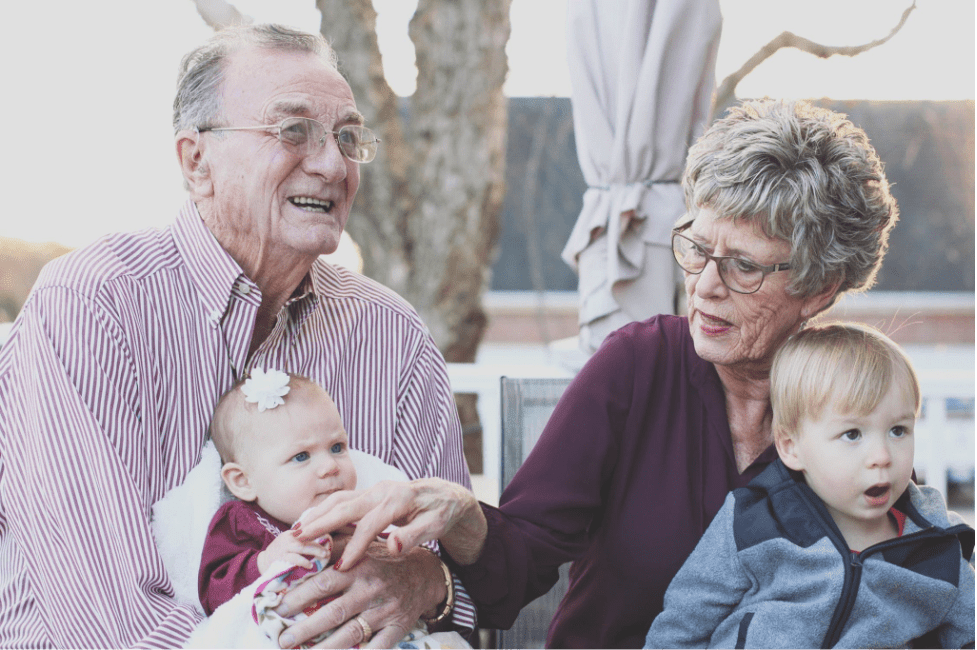Before January 1, 2021, the laws that outlined third-party custody (i.e., someone who is not the child’s parents) were referred to as non-parental custody laws. Since then, any third party who wishes to obtain physical custody of a child that isn’t theirs must file it under Minor Guardianship. If you are a grandparent, for example, who is seeking to become your grandchild’s guardian should note that this change extends beyond a new name.
When grandparents become guardians, they can make decisions and act on behalf of their grandchildren. This extends to where they go to school, the type of healthcare they receive, and their general safety and well-being. Regardless of what the rest of the law states, the court will not entertain or approve anything that is not in the child’s best interests.
Becoming a Guardian as a Grandparent
As a grandparent who wishes to become a child’s guardian, you will first have to file a petition with the court. It tells the court why your grandchild needs a guardian to care for them until they are 18. Some children may need a guardian because their parents suffer from drug or alcohol addiction or are being physically abused. The specific facts connected to these issues will be detailed in the “declaration explaining the reasons for minor guardianship.”
Nothing explicitly states the parents cannot be involved in the child’s life if a grandparent becomes the guardian, but that may be the case in some circumstances. However, parents may lose their parental rights, or they could be significantly limited under the minor guardianship laws. Your attorney can explain the rules on how the parents must be notified of the guardianship hearing. Additionally, you must notify anyone who has spent a significant amount of time raising the child. This includes:
- Anyone who has been the child’s caretaker for at least 60 days in two years before you filed for guardianship
- Anyone who has been the caretaker for two years or more in the past five years
To become the child’s guardian, you and your attorney must convince the judge that the child’s parents are incapable of being parents. In a criminal case, the burden of proof to find someone guilty is believing it beyond a reasonable doubt. During a guardianship case, the judge seeks clear and convincing evidence, which isn’t as high a burden as the former.
ZafiroLaw
Though we have given you a basic understanding of minor guardianship, you should contact an attorney to assist you with filing the correct forms, advising you, and representing you in court. If you have any further questions regarding minor guardianship or child custody, contact ZafiroLaw to schedule an initial consultation.


